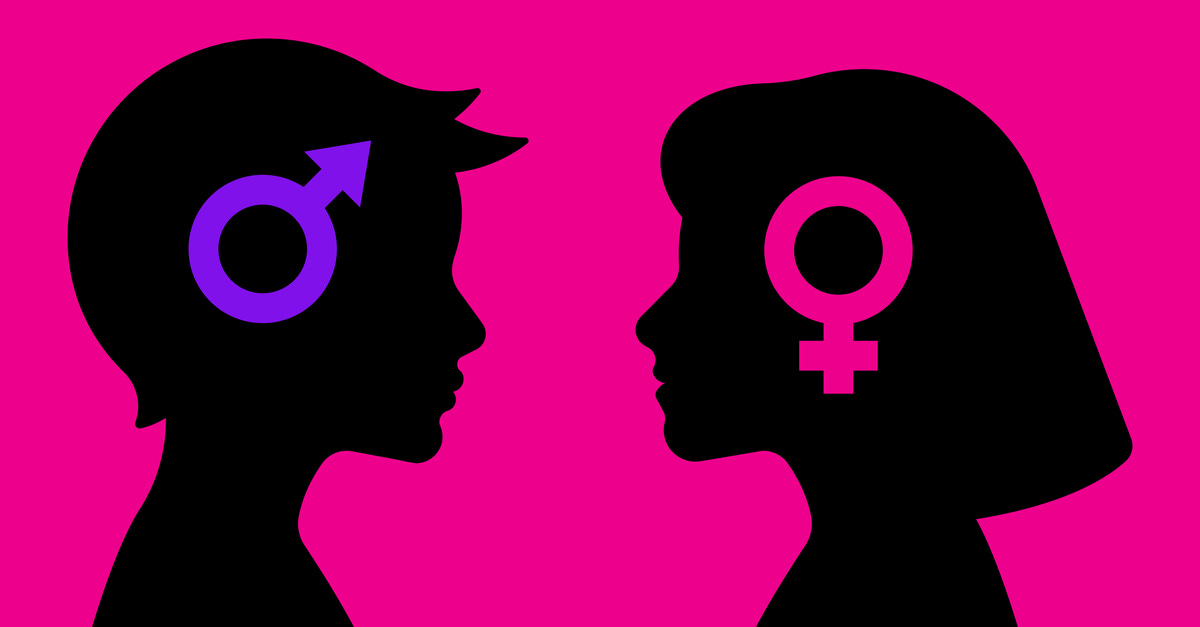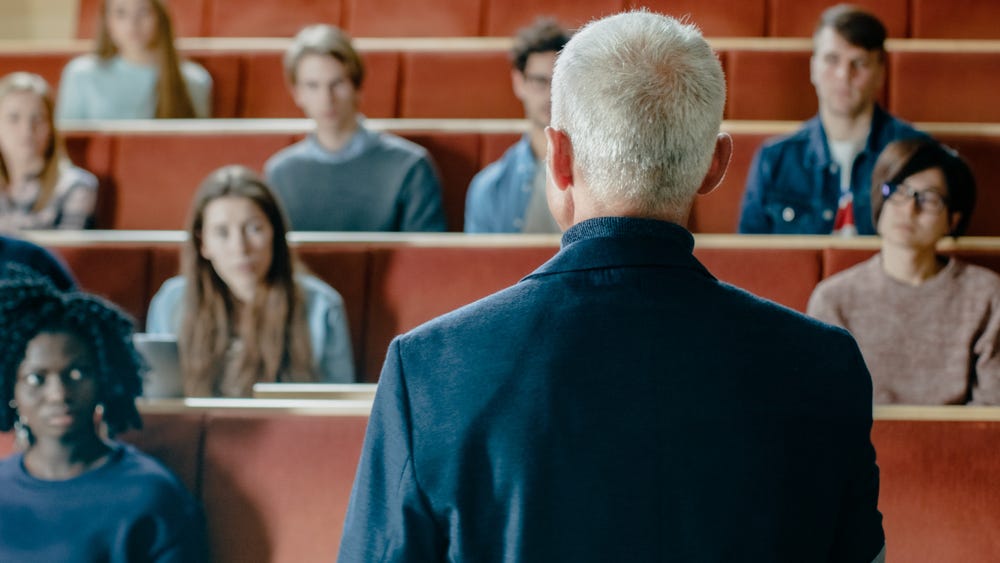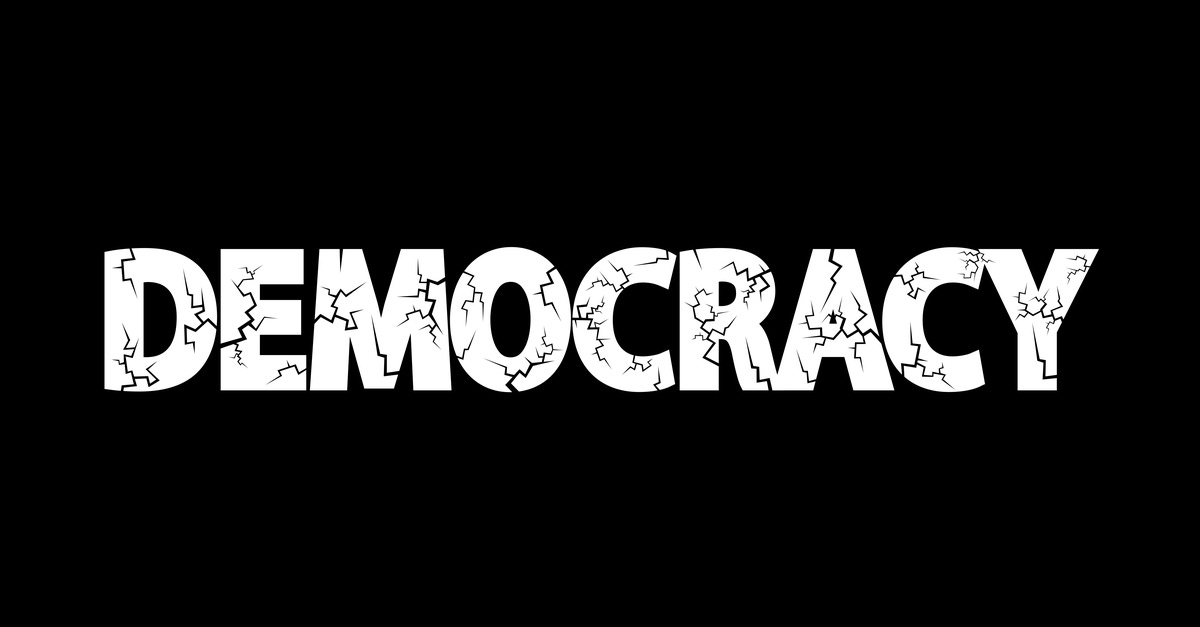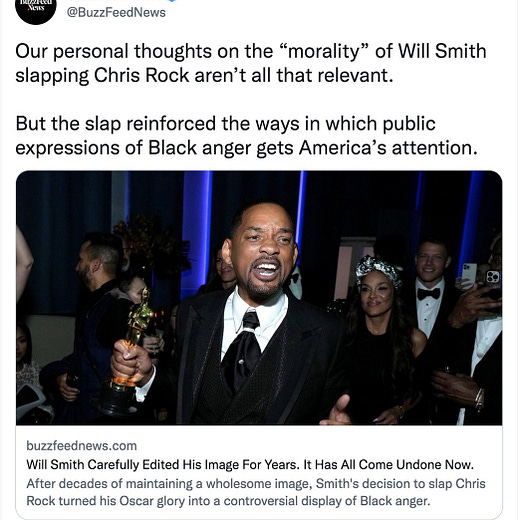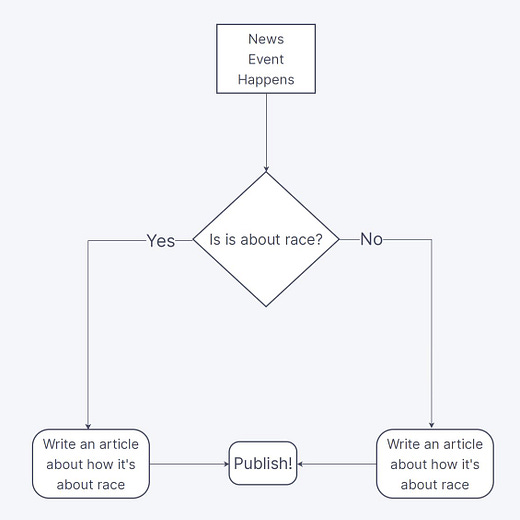E-Pluribus | March 30, 2022
A battle for young minds, compelled speech isn't free speech either, and actually how realistic is democracy?
A round up of the latest and best writing and musings on the rise of illiberalism in the public discourse:
Bernard Lane: Gender Ideologues’ Alarming Campaign to Get Kids While They’re Young
It’s no secret that children learn quickly, and Bernard Lane at Quillette writes that those who emphasize and promote gender-related issues, including trans rights, are well aware of the advantage of getting an early start. Some have even used the controversial and polarizing aspects of the issue to justify keeping parents in the dark regarding their own children in the name of privacy and “safety.”
When gender ideology looms large at school and online, the young may be primed to interpret a sense of not quite fitting in, of a bodily disconnection, a feeling of a somewhat feminine boyhood or boyish girlhood, as signs of a trans identity. Autism Spectrum Disorder may go undiagnosed or untreated, and stirrings of same-sex attraction may be reframed as trans.
Are gender-promoting teachers, however well-intentioned, usurping a quasi-clinical role for which they have no qualifications? Will education authorities be held liable if young people who transition at school go on to regret it as a harmful mistake, and take legal action? This doesn’t seem a remote risk. It’s not hard to find anonymous teachers on social media well aware of the emerging group of young adult “detransitioners,” many of them belatedly embracing lesbian identity—and with their health potentially damaged by testosterone and surgery. Off the record, when careers are not at risk, teachers have told me it’s simply absurd for activists to deny the role of social contagion as clusters of friends declare a trans or non-binary identity online.
[ . . . ]
Many teachers will be alarmed at colleagues who enable covert gender change, regarding it as an unforgivable breach of trust with parents, and a failure of child safeguarding. The activists among them justify it by insinuating that the safety of the trans child requires protection against “unsupportive” parents. Without saying so explicitly, support is narrowly interpreted to mean going along with the “gender-affirming” approach. But is it “unsupportive” for parents to be prudent and sceptical about concretising a sudden trans identity or allowing a teenager to begin irreversible medical treatment with a weak evidence base?
Read it all here.
George Leef: A Different Sort of Free-Speech Problem on Campus
We often think of free speech in terms of censorship or being “cancelled” for something someone has said. But George Leef reminds us at National Review that free speech also encompasses what we should be free to not say: compelled speech is not free.
But there is another sort of free-speech problem, namely that of compelled speech. That is, people (particularly faculty members) being required to say certain things.
In this Law & Liberty essay, Professor George LaNoue examines compelled speech. He writes, “Free speech controversies are often focused on acts of censorship such as speech cancellations, speech codes, safe spaces, and bias response teams. There is another type of free speech issue, however, that receives much less attention: speech that is not censored but compelled.”
One example is the “land acquisition statement” that some schools insist that faculty members include. The statement informs students that the land upon which the institution sits was “stolen” from its true owners, the Native Americans. The language is silly since the school isn’t going to do anything to rectify the alleged injustice, but professors ought to be free not to put the words on their syllabi.
Another, of course, revolves around “diversity,” with more and more schools requiring what amounts to a pledge of allegiance to the DEI creed.
Read it all.
Benjamin Klutsey: The Democratic Dilemma
Socialism is often seen as a utopian ideology that may look good on paper but, in practice, ultimately leads to oppression and less freedom. In an interview for Discourse Magazine, Vanderbilt University philosophy professor Robert Talisse tells Benjamin Klutsey of the Mercatus Center at George Mason University that the ideal of democracy often falls short as well, and it takes hard work to avoid the pitfalls to which any form of government involving human beings is susceptible.
If we think of a textbook definition of democracy: Democracy is a self-governing community of political equals. That’s the textbook definition; that’s my textbook definition of democracy. There are other ways of thinking about democracy in that textbook-definition sense that we can talk about if you like. But it strikes me that what’s most important or what’s core to the idea of democracy is the idea of a self-governing community or society of political equals.
Okay, is there a society that manifests that description? No. Has there ever been a society that manifests that description? No. Do we have a final and fully formulated conception of what the aspiration even means? By the way, just think for a moment—this gets to the little story in the “Sustaining Democracy” book. We like to think that we know what democracy is, and we just see that every society fails to live up to it.
I want to say, “Yes, every society fails to live up to it, but we are still trying to figure out what the ideal means, even.” If you want to see this, just think, it’s a tricky question that when you pose it to people, it’s very easy to get them wondering in a philosophical way about why children don’t get a vote. [chuckles] They have interests; they’re affected. [laugh] You might say generally they have a longer life left, [laugh] so more of their life is going to be impacted by a decision that’s made today.
Read the whole thing.
Around Twitter
The Foundation for Individual Rights in Education has an update on the student-led disruption of a Federalist Society panel. Excerpts describing a new audio recording of the incident are below:
Via Bari Weiss and James Poulos, some thoughts from former PayPal executive David Sacks on the effect of Big Tech on free speech in the modern “public square”:
Jesse Singal on a BuzzFeed News article that managed to make the Will Smith/Chris Rock incident about race:
And finally, my own helpful explanation for that BuzzFeed article:




